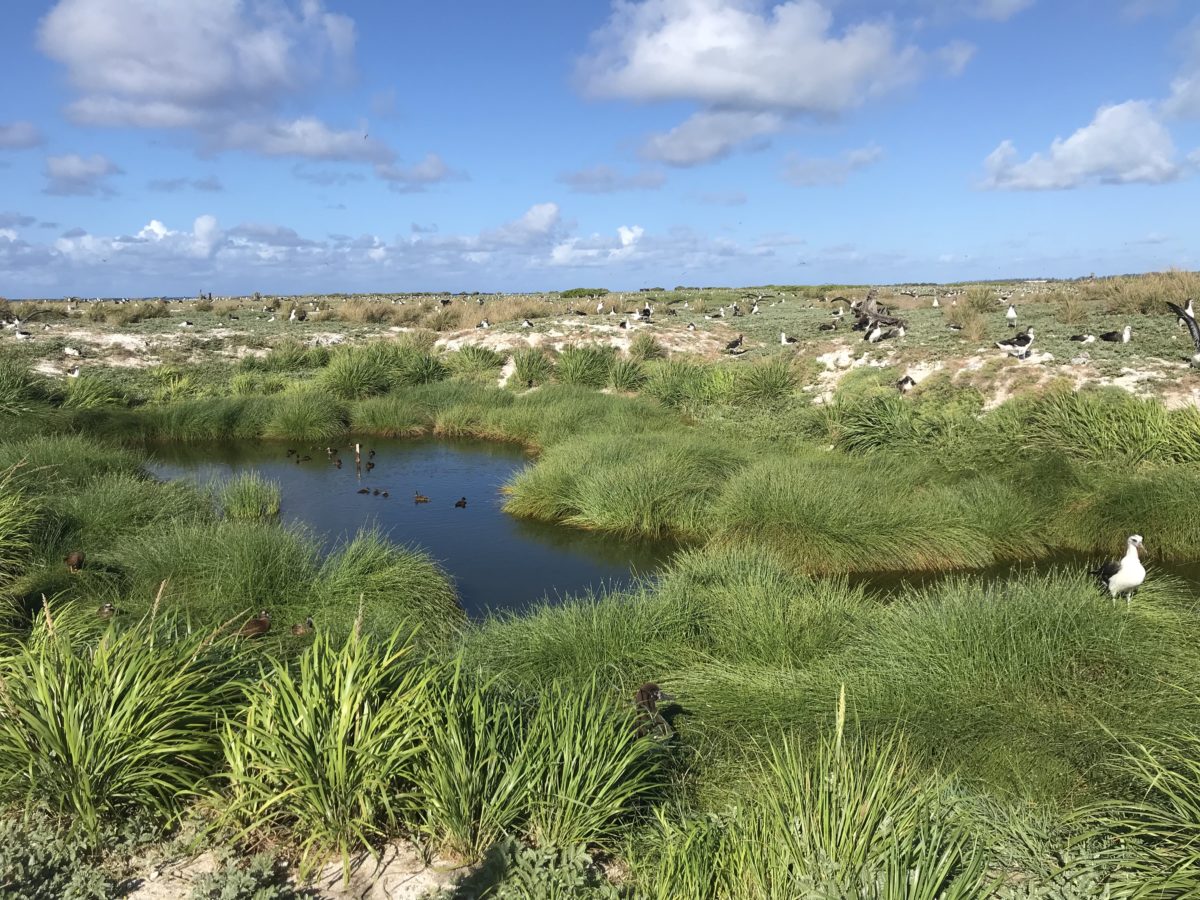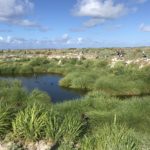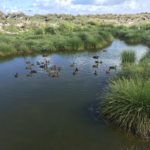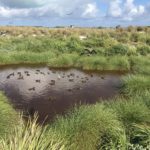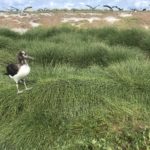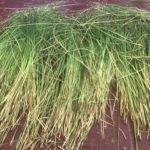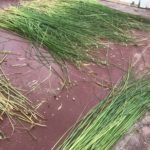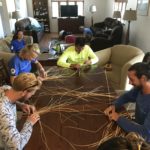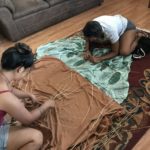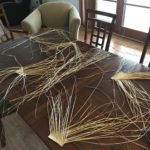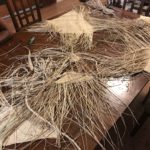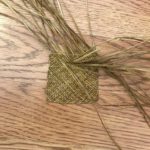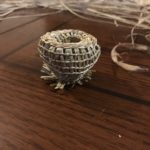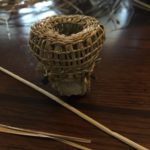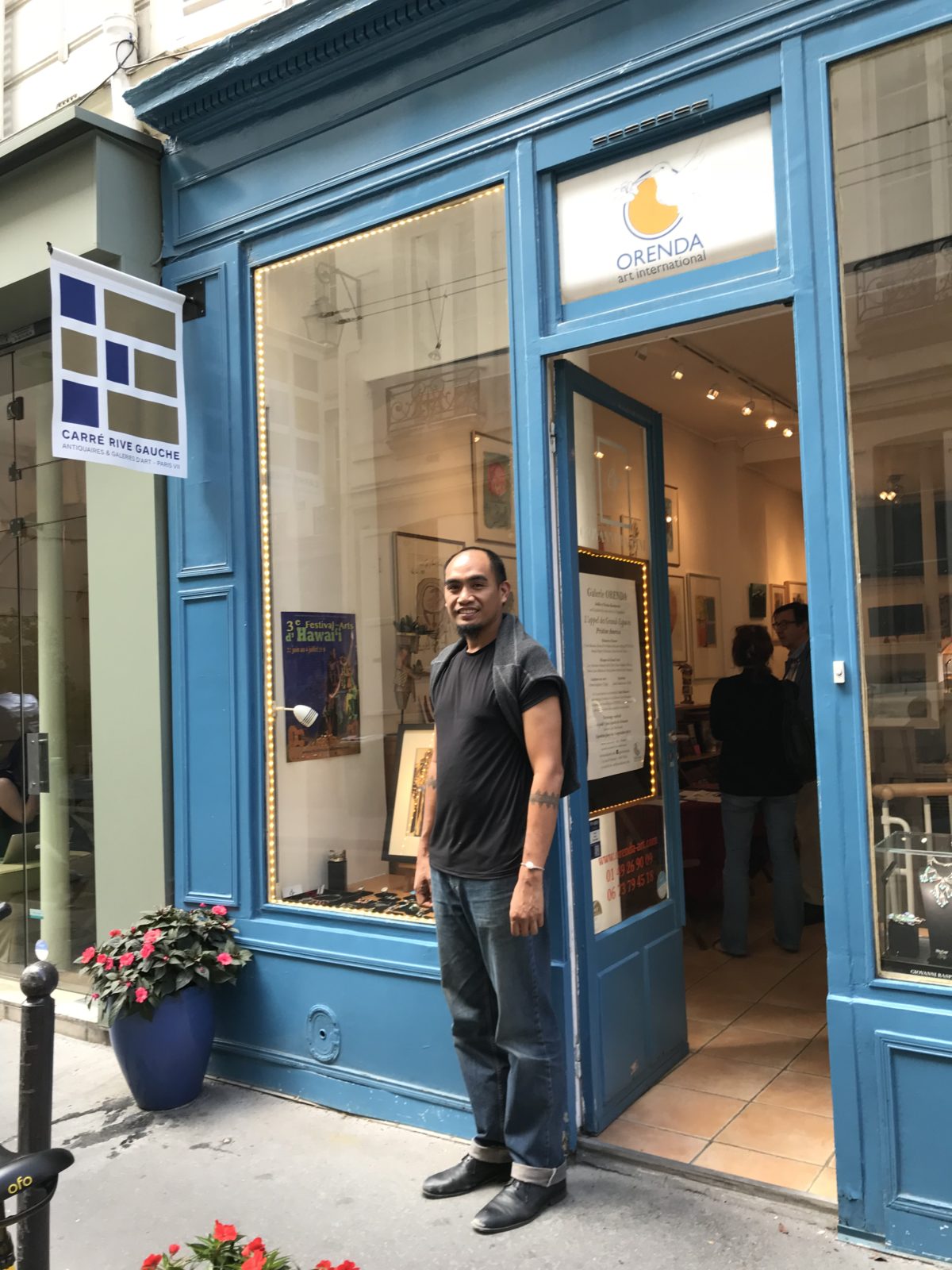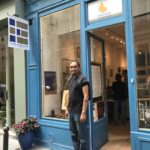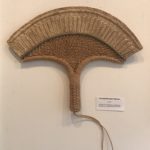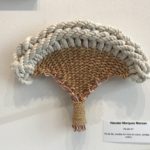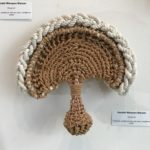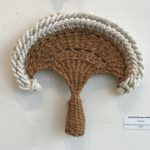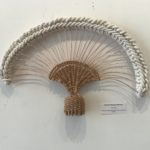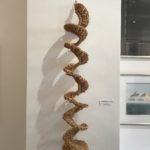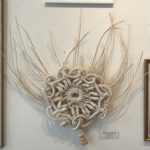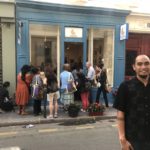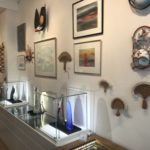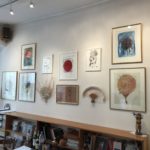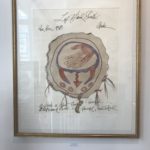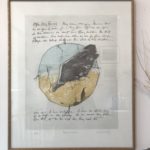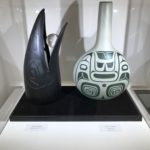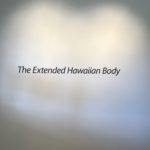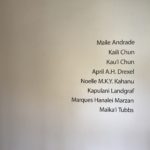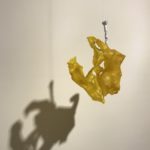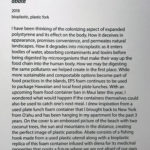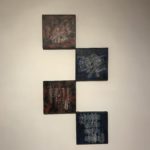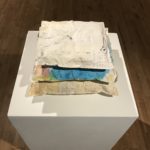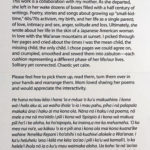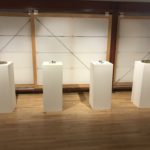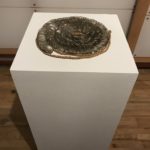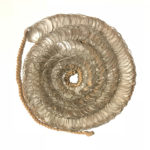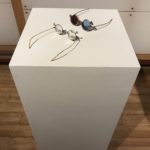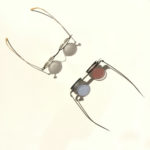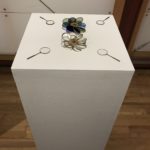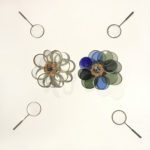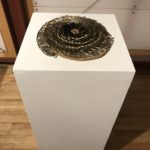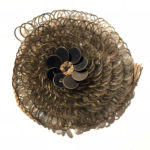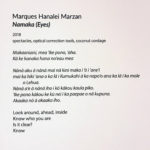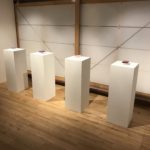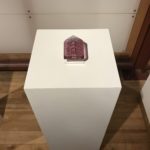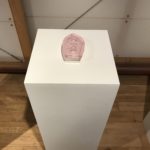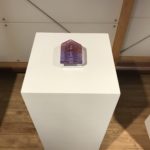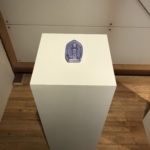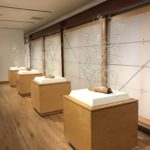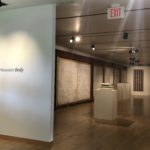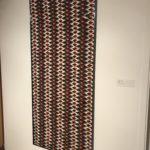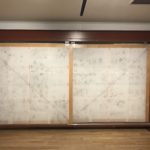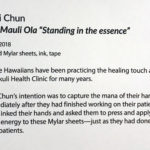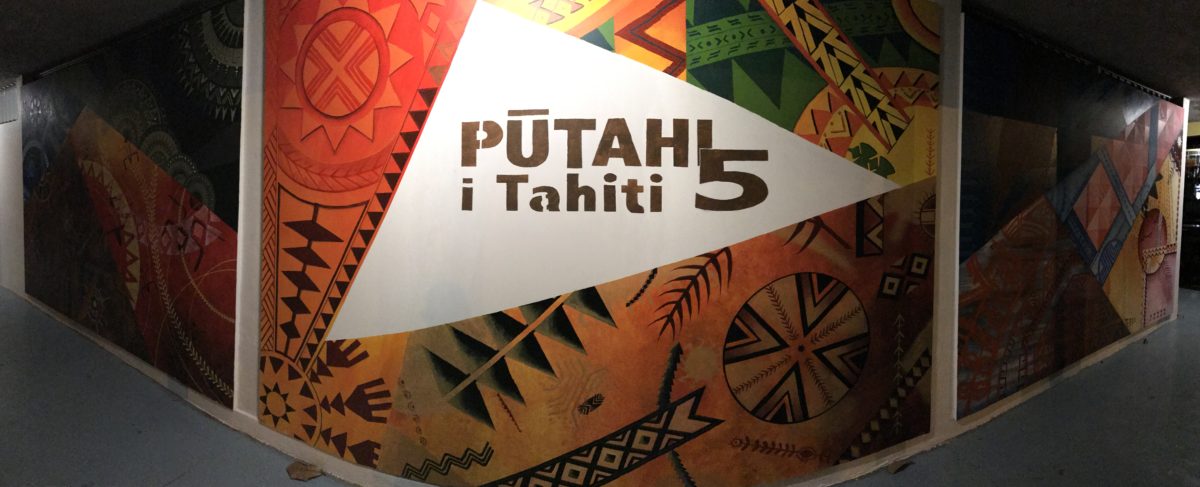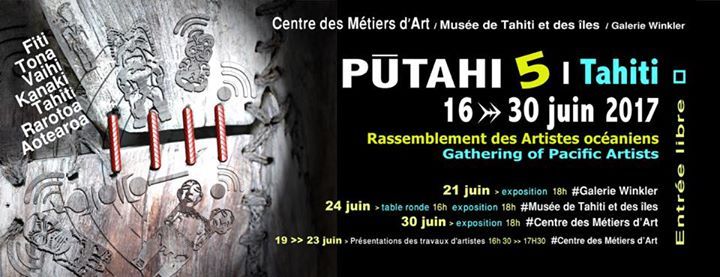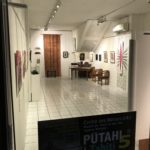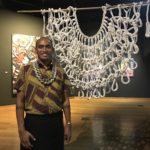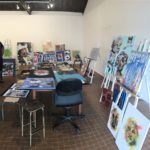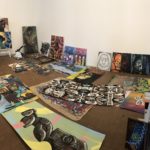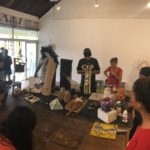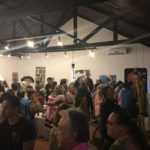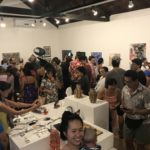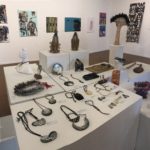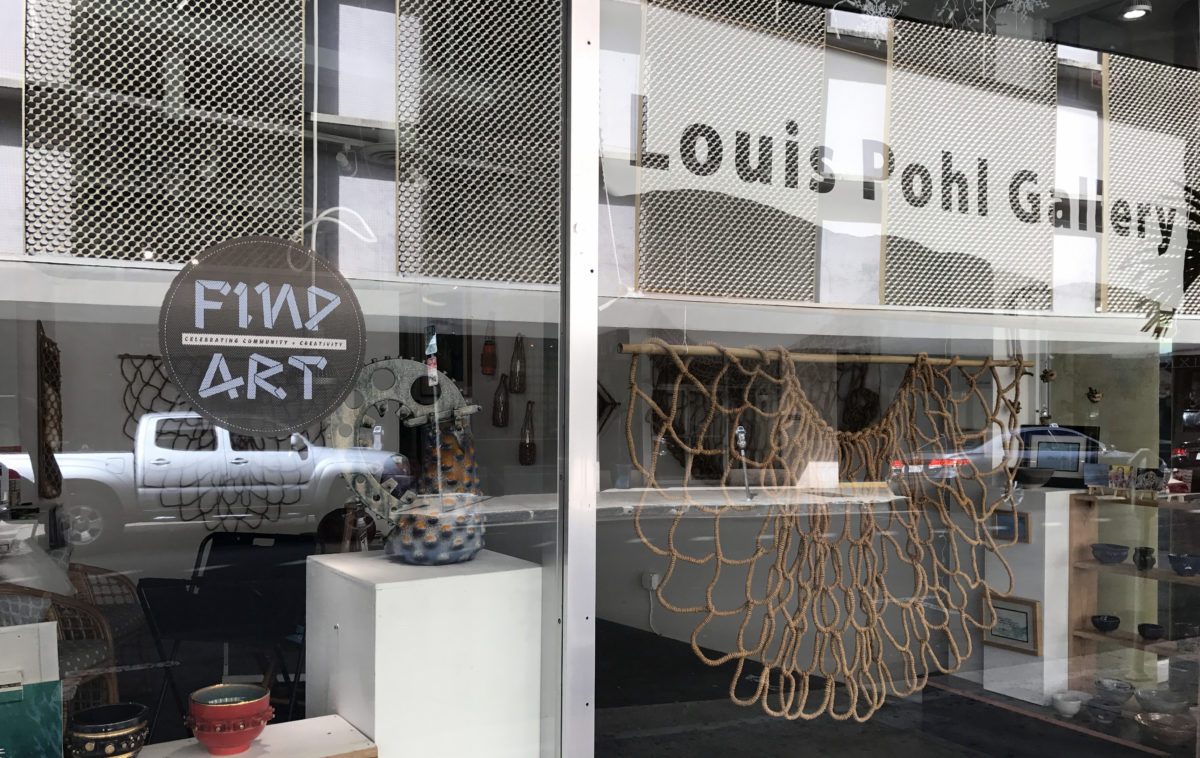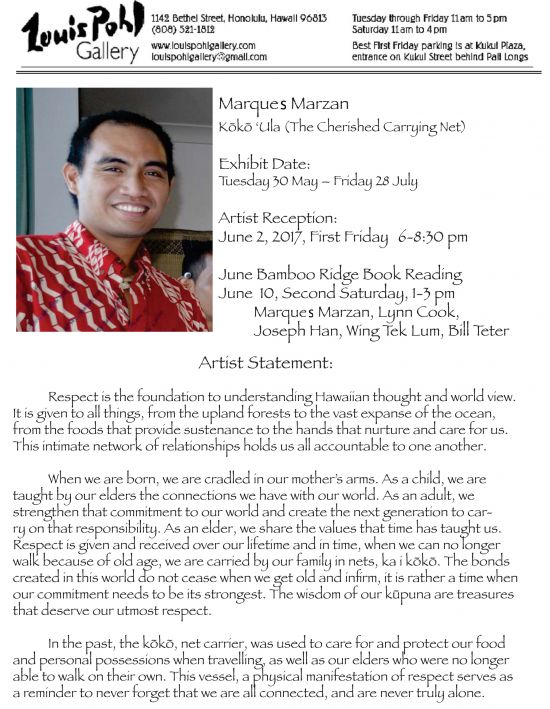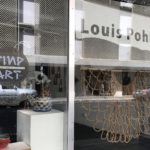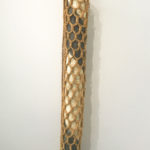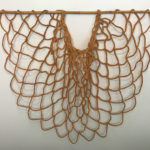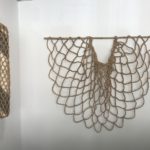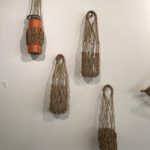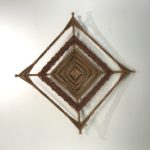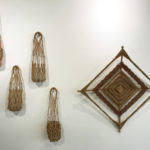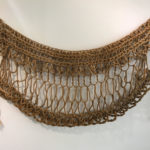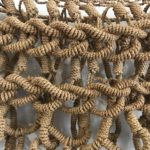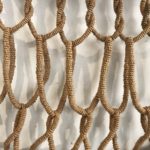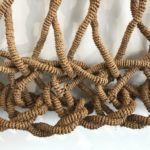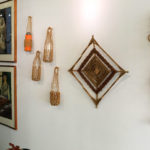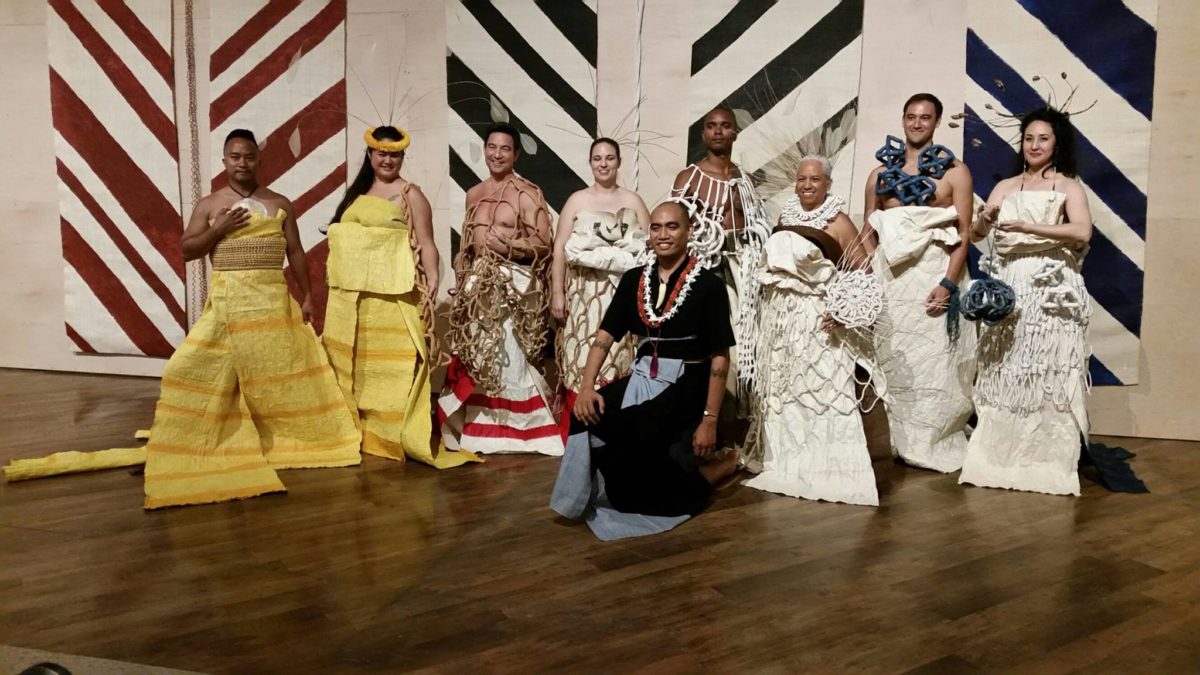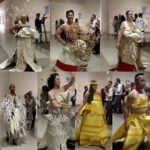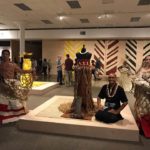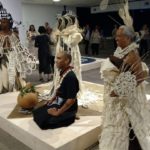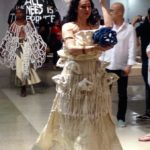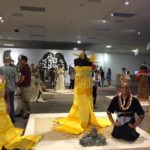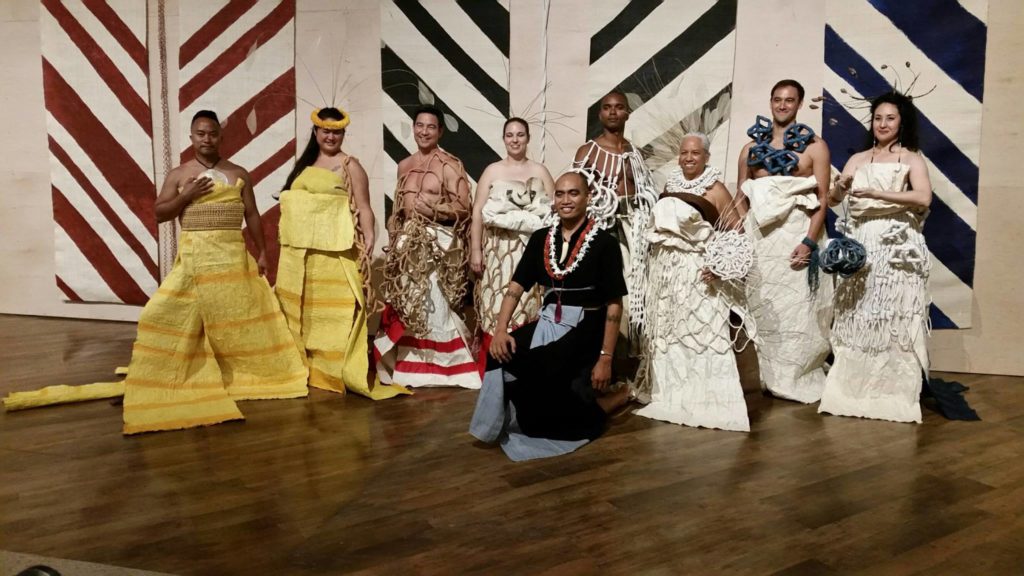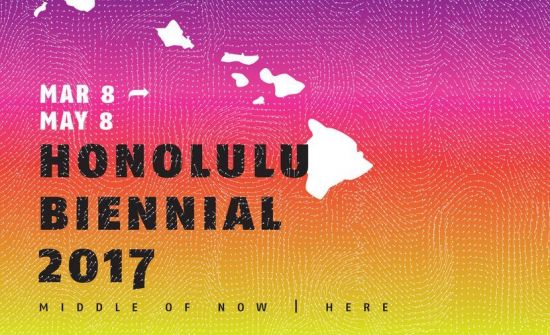Kākau mākaʻikaʻi (Blog)
CKM&A Collaboration
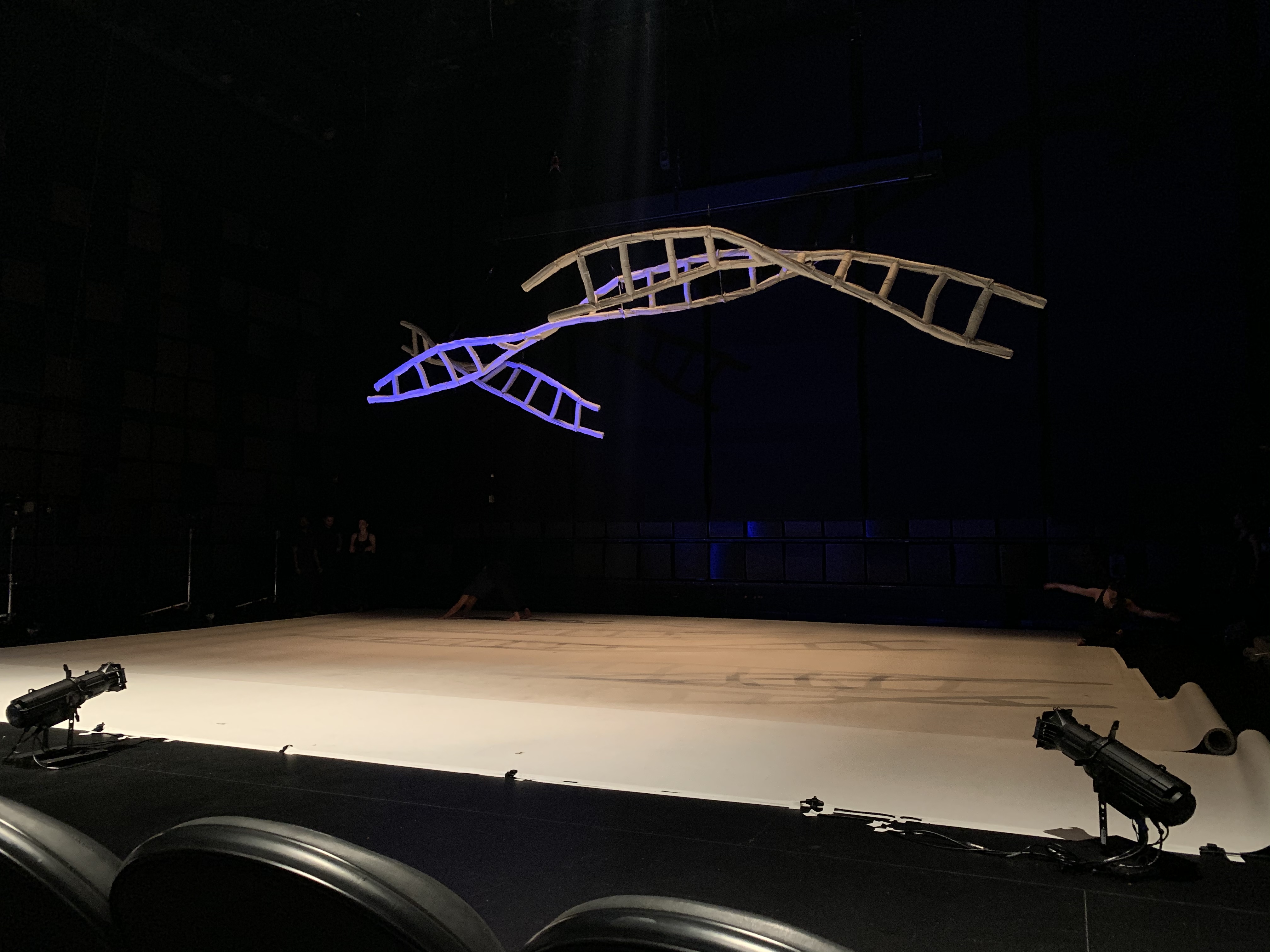
Working with Christopher K. Morgan and artists (CKM&A) on the new work, “Native Intelligence / Innate Intelligence”, is an inspiring process that I hope blossoms into many more opportunities to engage with this creative and talented group of movement expressionists. I was fortunate to attend one of their residencies to develop, hone, and embody the multifaceted aspects of the work. Set designer, Brenda Mallory was working diligently during the gathering to produce pieces that physically convey the intentions of the work, but to also provide ways in which the dancers could interact with the space and each other.
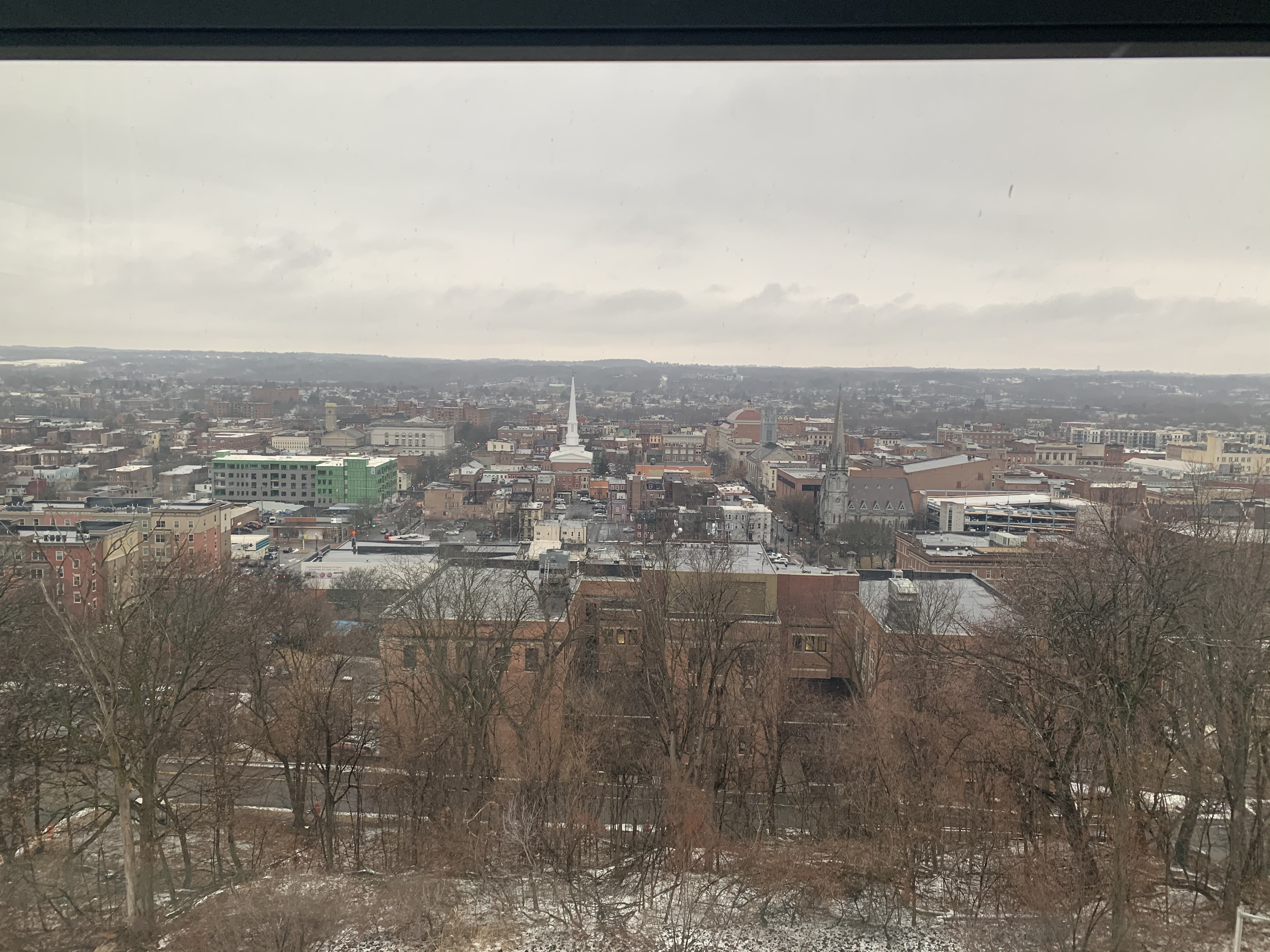
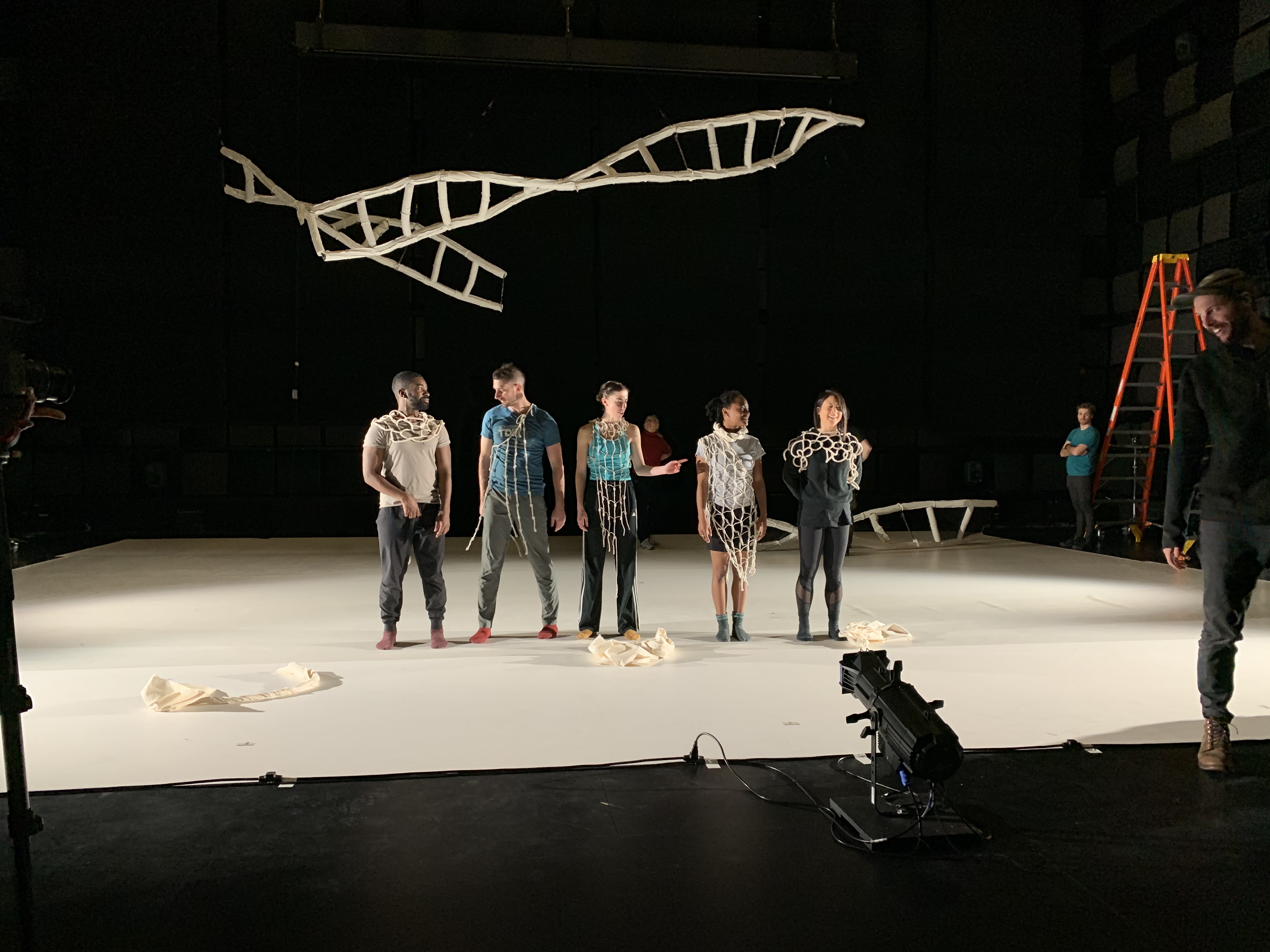
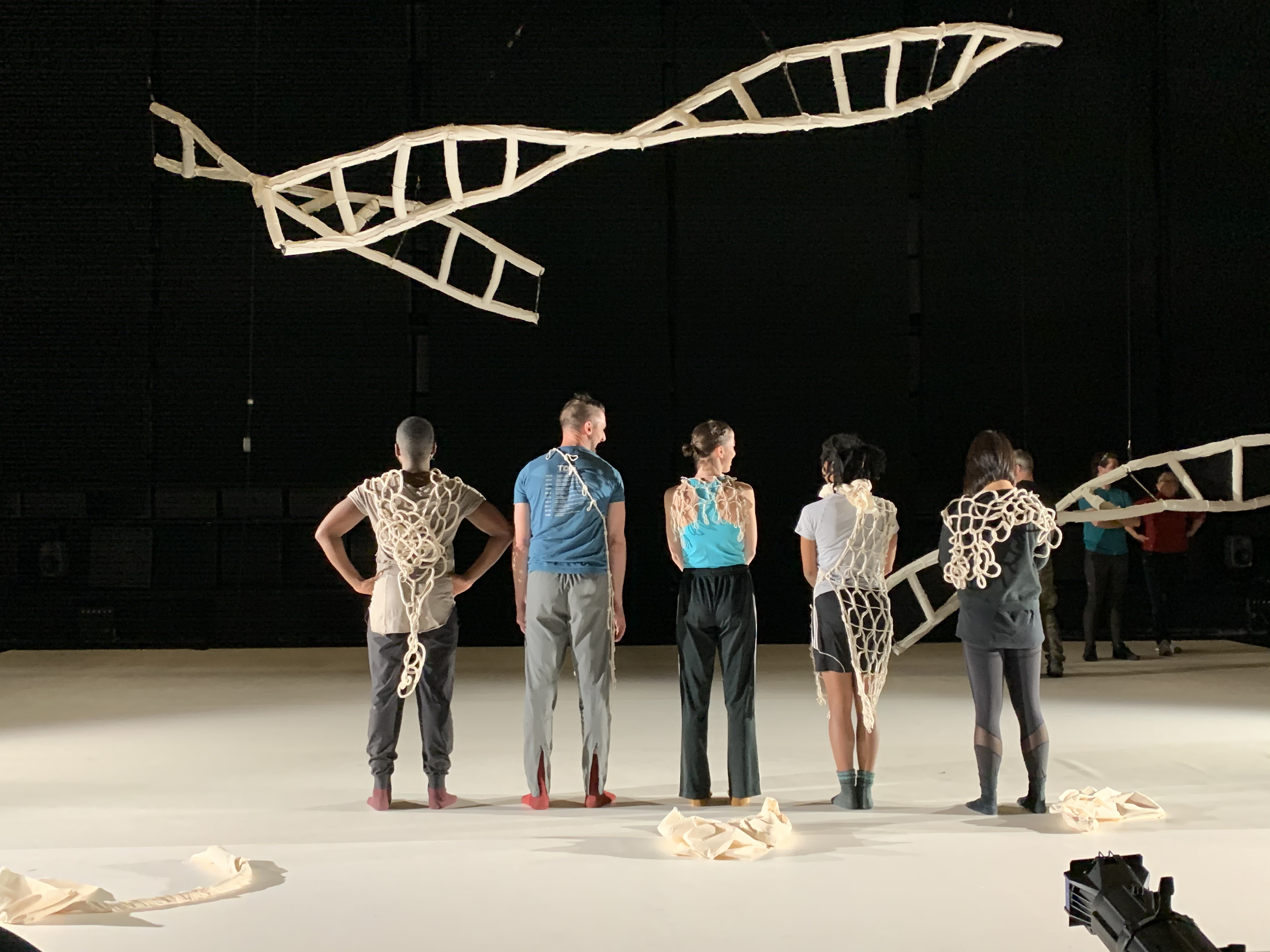
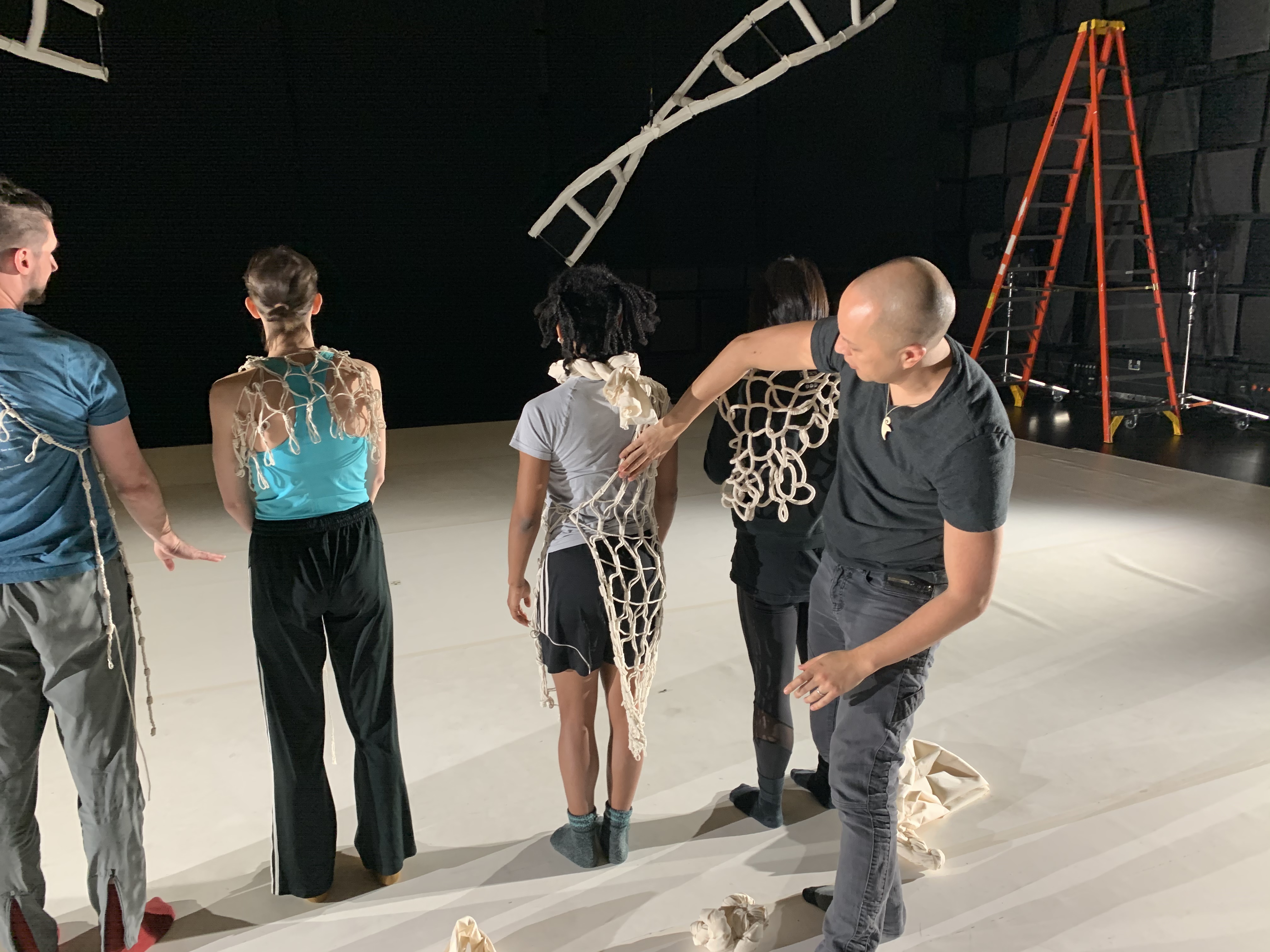
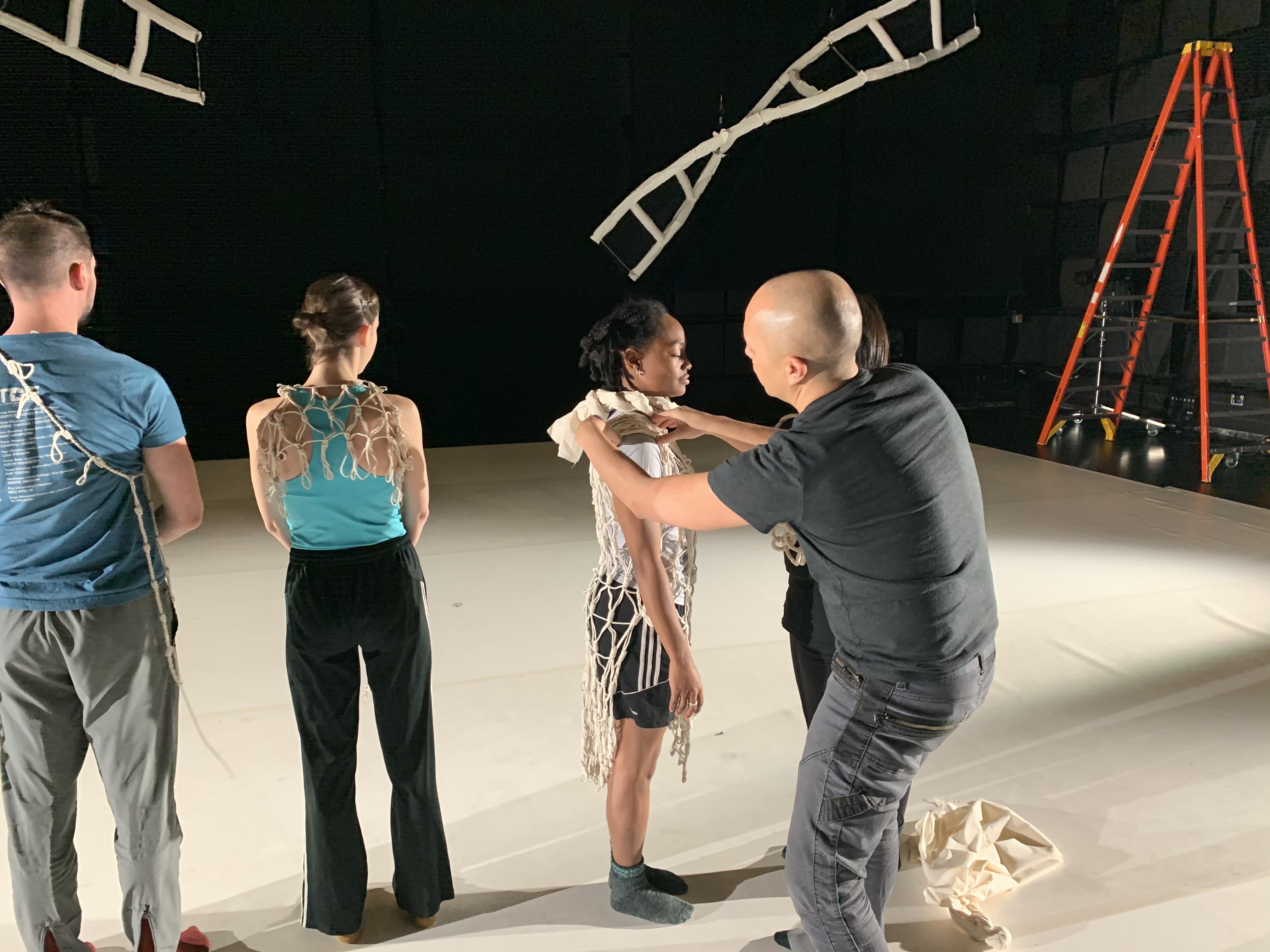
Pihemanu Kuaihelani makaloa project
I had the privilege of traveling to Pihemanu, Midway Atoll, for two weeks to provide cultural enrichment training to the staff and volunteers of the Wildlife Refuge on makaloa. It was a pleasure to give presentations and workshops on its historic and current significance, protocol training related to the harvesting of the material, processing practices, and various ulana (plaiting) techniques used to make mats. I also was able to share with the staff, techniques on how to process and twist hau (hibiscus) fiber, make different style of lei, and net-making.
Makaloa (Cyperus laevigatus) is a native sedge that was traditional used in Hawaiʻi to make moena makaloa, finely plaited mats treasured in Hawaiʻi. These treasured mats were a specialty of one particular island, Niʻihau. As families intermarried, this practice established new centers elsewhere. Before this practice went dormant back in the late 1800s, it presence was found on Niʻihau, Kauaʻi, and on the northern tip of Oʻahu in Mokulēʻia.
The plant was brought to Pihemanu from Laysan Island to create habitat for a transplanted colony of Laysan ducks that were brought to the island more than a decade ago. Since then, the colony has prospered and so has the makaloa. Makaloa has done so well, that it is nearly overtaking several of the seeps created for the ducks. Because of this, discussions on how to use this resource responsibly and with cultural awareness afforded me the opportunity to share my experience with makaloa to an eager community wanting to learn.
While on Pihemanu, it was amazing to see such enthusiasm and eagerness to learn about makaloa and its cultural significance in this small island community. It one point, I believe there were well over a dozen people weaving with makaloa in one place, the most I have ever witnessed gathered anywhere in the entire archipelago of Hawaiʻi. This experience was truly an honor and privilege, and I hope one day to return to see the fruits of this journey. E ola Pihemanu Kuaihelani!
Orenda Art International
 I had the opportunity and privilege to exhibit a collection of work at Orenda Art International on the Left Bank in Paris, France. This gallery carries works from a number of indigenous artists, including works from artists like Preston Singletary and N. Scott Momaday.
I had the opportunity and privilege to exhibit a collection of work at Orenda Art International on the Left Bank in Paris, France. This gallery carries works from a number of indigenous artists, including works from artists like Preston Singletary and N. Scott Momaday.
The Extended Hawaiian Body

I was invited to present work in an art exhibition at the University of Hawaiʻi at Mānoa, John Young Museum of Art entitled, “The Extended Hawaiian Body.” I exhibited work alongside Maile Andrade, Kaili Chun, Kaui Chun, April Drexel, Noelle Kahanu, Kapulani Landgraf, and Maikaʻi Tubbs.
http://www.hawaii.edu/art/exhibitions+events/exhibitions/?p=3516
PŪTAHI 5 i Tahiti
PŪTAHI 5 i Tahiti, was an indigenous visual arts gathering hosted by the Centre des Metiers dʻArt, in Papeʻete from 16-30 June 2017. This gathering brought together visual artists from across the Pacific, including Tonga, New Caledonia, Hawaiʻi, Cook Islands, Aotearoa New Zealand, and French Polynesia. During our time together, we created work, shared stories, techniques, collaborated with each other, and enjoyed each others company. Opportunities like this allow us to establish lasting relationships with new friends and reaffirms those that exist with old ones. Sharing space with other visual artists from the Pacific was truly a rejuvenating experience. Even though at times we had difficulty communicating with one another, we each reawakened our ancestral bonds we share. Here are a couple of pictures of our time together and some of the work created.
Kōkō ‘Ula, Second Saturday event
On Saturday June 10, Bamboo Ridge is hosting a book reading of their journal, issue #110 at the Louis Pohl Gallery from 1-3pm. I am the featured visual artist in this issue and my work is used as the cover art. If you are free, come on by and meet some of the contributors to the issue and I will be doing a netting demonstration too. Kōkō ‘Ula runs until Friday, July 28.
Kōkō ʻUla
Marques Hanalei Marzan
Kōkō ʻUla (The Cherished Carrying Net)
Tuesday 30 May – Friday 28 July 2017
Artist Reception: Friday 02 June, First Friday 6:00-8:30 pm
Artist Statement:
Respect is the foundation to understanding Hawaiian thought and world view. It is given to all things, from the upland forests to the vast expanse of the ocean, from the foods that provide sustenance to the hands that nurture and care for us. This intimate network of relationships holds us all accountable to one another.
When we are born, we are cradled in our mother’s arms. As a child, we are taught by our elders the connections we have with our world. As an adult, we strengthen that commitment to our world and create the next generation to carry on that responsibility. As an elder, we share the values that time has taught us. Respect is given and received over our lifetime and in time, when we can no longer walk because of old age, we are carried by our family in nets, ka i kōkō. The bonds created in this world do not cease when we get old and infirm, it is rather a time when our commitment needs to be its strongest. The wisdom of our kūpuna are treasures that deserve our utmost respect.
In the past, the kōkō, net carrier, was used to care for and protect our food and personal possessions when travelling, as well as our elders who were no longer able to walk on their own. This vessel, a physical manifestation of respect serves as a reminder to never forget that we are all connected, and are never truly alone.
Honolulu Biennial Wearable presentation
Honolulu Biennial 2017
March 08 – May 08, 2017
Through the celebration of contemporary art from the Americas, Pacific, and Asian continent, Honolulu Biennial engages with the rich cultural diversity of Hawaiʻi, fostering greater intercultural exchange, cultural diplomacy, and understanding through art.

